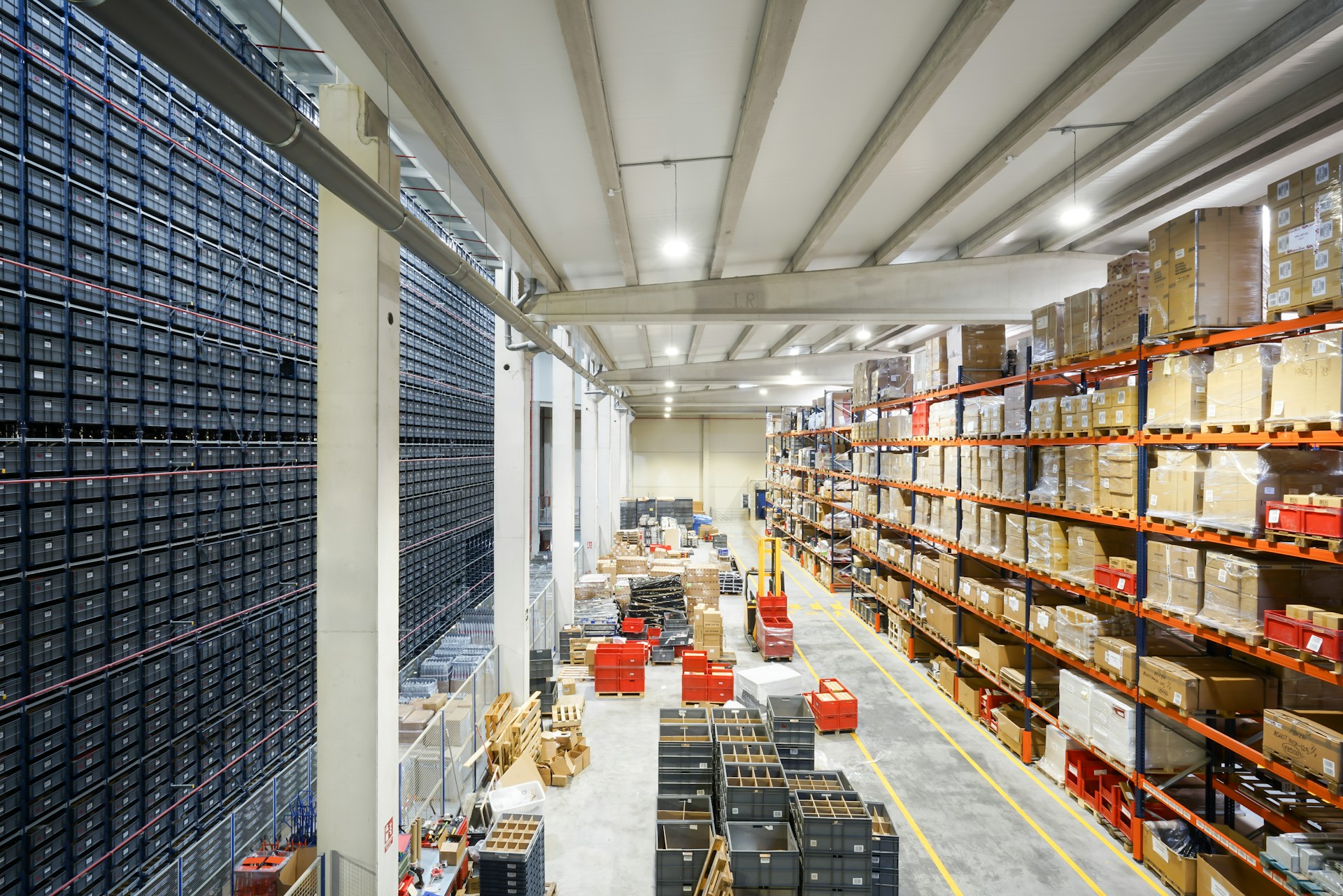CMS: features of systems to manage the website
Having a website for a business is a necessary tool for normal activity and development of the company. However, it is not enough just to create a resource on the Internet, you need to make its functionality as convenient as possible for entering content and changing settings. These and many other actions are performed via CMS – content management system.
There are different CMS, which allow you to work with a resource, improve its structure, add sections, delete pages, and much more. And for this, you do not need to have programming skills. The functionality of such systems in most cases is clear to the average Internet user. There are universal ready-made CMS. There is also a possibility to order the development of an individual system, but such a variant will cost more.
The choice of CMS can depend on the needs of the business and certain tasks. For example, to manage the online store better choose a system that is designed specifically for such sites. It already has all the necessary tools for configuring payment forms, changing prices for goods, and much more.
More simple CMS are those used to create information sites, blogs, or corporate resources. These include WordPress, OpenCart, and others.

All work in the system is done through a personal account, which can be registered for users with a different set of rights. For example, the administrator can make radical changes to the functionality of the site, and the editor works only with a limited list of tools and content.
All necessary actions are performed through the control panel. There are already ready-made options for site design, various elements of which can be adjusted manually. Design templates can be purchased from the system developer, and many of them also provide free versions.
A number of CMS also offer constructors for individual pages. For this purpose, there is a visual editor to which you can add those or other blocks and elements of the page. Site management system, if it is not developed for the needs of the site, has a universal set of functions, which is quite enough for the resource. If over time, there is a need to expand functionality, the user has an opportunity to separately purchase various modules or plug-ins.
The advantage of ready-made CMS is that with minimal knowledge and in a relatively short period of time you can get a full-fledged website. However, you should be prepared for the fact that over time, its functionality may not be enough for growing tasks. In addition, it is necessary to follow the updates of the chosen system on the website of its developer.
CMS is the basis for any site. It is with the choice of the optimal system that should begin work on the resource. In this case, it is important to clearly define the scope of the site and what functions it should perform.


















